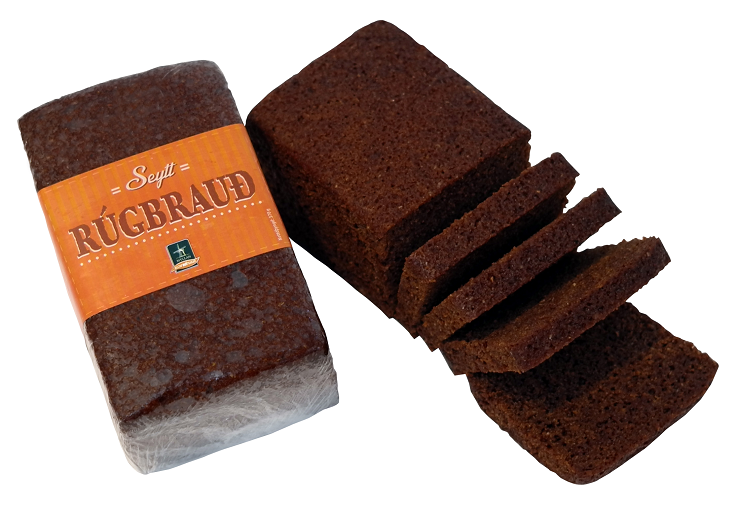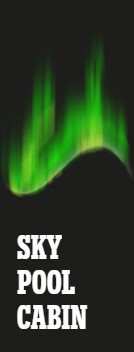What language is spoken in Iceland?
The primary language spoken in Iceland is Icelandic. Often considered to be the closest of the Nordic languages to Old Norse, Icelanders are fiercely protective of their linguistic heritage.
Although the language has evolved and changed since the first settlers arrived (widely considered to have begun in the second half of the ninth century) there is still an emphasis on the preservation of Icelandic, meaning even the famed Icelandic sagas can still be read and understood today.
Unlike the linguistic similarities between Danish, Norwegian and Swedish, the Celtic influence on the language means that it is difficult for other Nordic nations to understand Icelandic, whilst Icelanders can understand their languages very well. Think of it as Old Norse but with a Celtic accent!
A Tongue Twister

Notoriously difficult for foreign tongues to learn and pronounce, and grammatically complex, the roots of the language are North Germanic, Icelandic is thought to be spoken by only around 314,000 people in the entire world. However, as a visitor there is no need to fret as the majority of Icelanders speak excellent English. It is however polite to know a few key words and phrases:
Good day! Góðan daginn or daginn Pronounced: GO-than DY-in/ DY-in
Thanks/ Thank you Takk or Takk fyrir Pronounced: Takk FEE-rir (rolled r sound)
Yes Já Pronounced: Y-ow
No Nei Pronounced: N-ay
Cheers! Skál! Pronounced: SK-owl

Emphasis is always placed at the beginning of the word. It may seem hard but it is a really fun language to try and get your mouth around whilst spending time in Iceland!
PLAN YOUR JOURNEY
Travelling to Iceland?
Check our overnight tours with a driver guide that includes a one night stay in a bubble.
*Starting from ISK 59.900 per person

